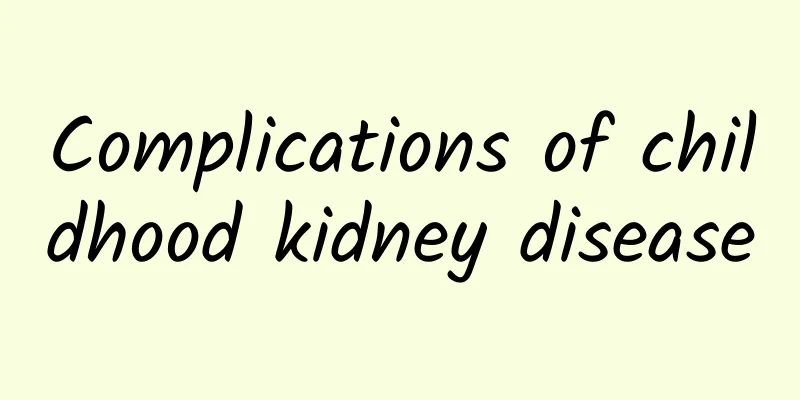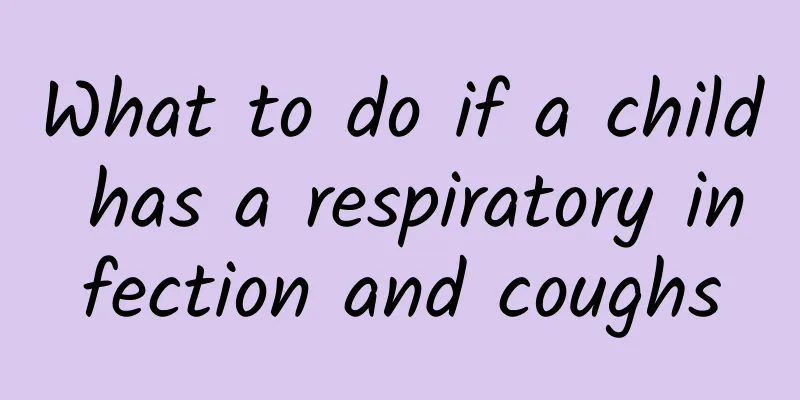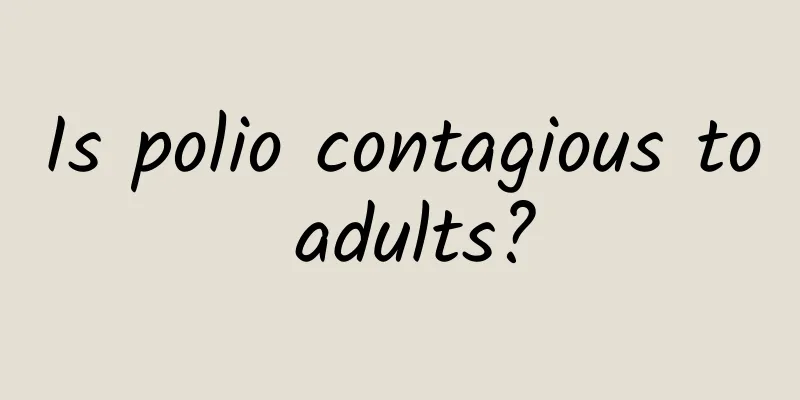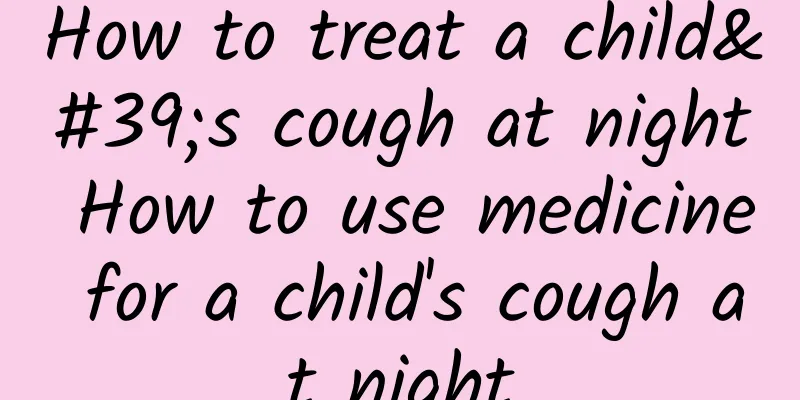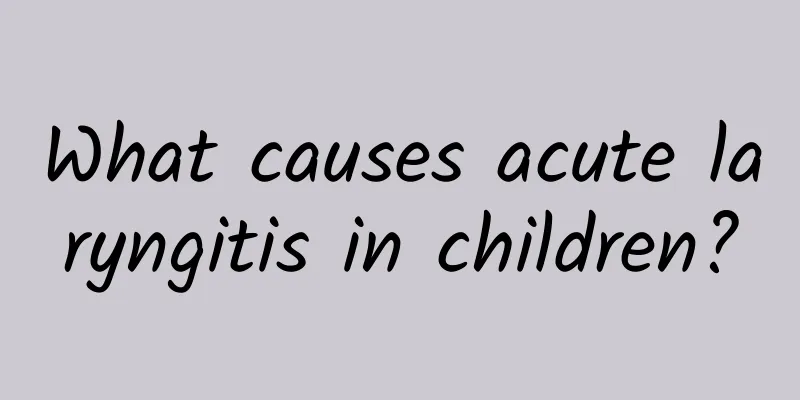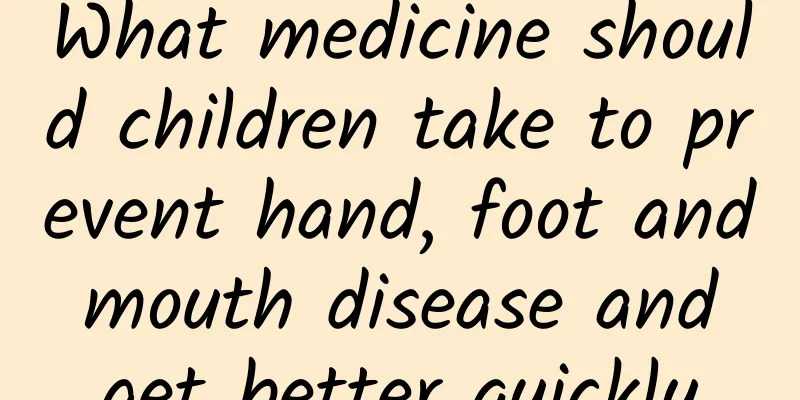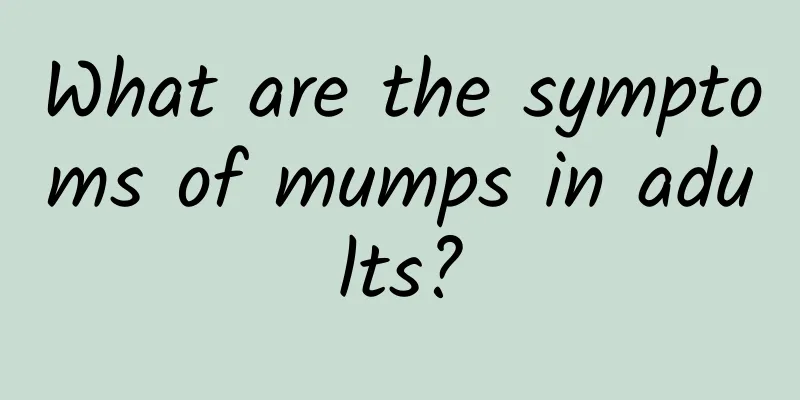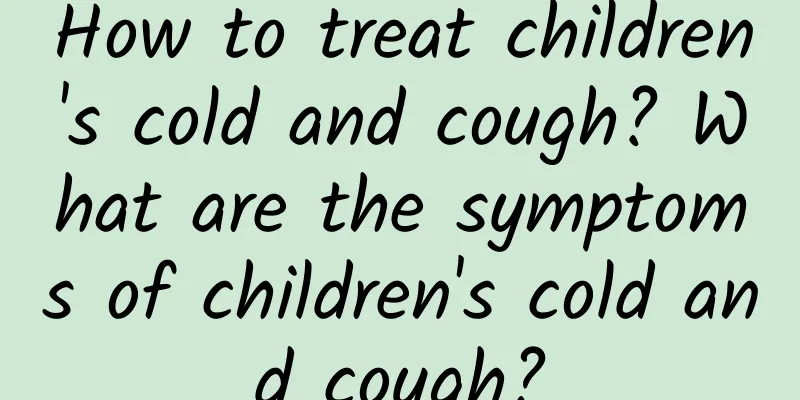How to disinfect your home for hand, foot and mouth disease? What are the methods of disinfection for hand, foot and mouth disease?
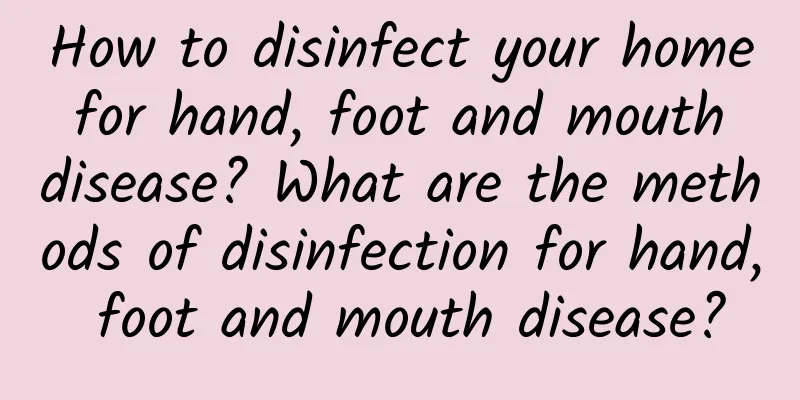
|
Every spring and summer, we often see many places promoting the prevention of hand, foot and mouth disease. Hand, foot and mouth disease is an infectious disease. Many people may not know much about it, but generally only hear that children have suffered from hand, foot and mouth disease. To prevent hand, foot and mouth disease, the home must be fully disinfected. So how to disinfect the home of hand, foot and mouth disease? What are the disinfection methods for hand, foot and mouth disease? 1. Disinfection of tableware Tableware used by children with hand, foot and mouth disease at home should be disinfected by boiling for 20 minutes or soaking in a 250 mg/L chlorine-containing disinfectant solution for 30 minutes. 2. Disinfection of daily necessities and toys Daily necessities and toys used by babies with hand, foot and mouth disease also need to be disinfected. They can be boiled for 20 minutes or exposed to the sun; or wiped and disinfected with 500 mg/L chlorine-containing disinfectant solution for 30 minutes; or wiped and disinfected with 0.3% peracetic acid for 1 hour and wiped with clean water after disinfection. If conditions permit, you can use direct ultraviolet light for 30 minutes. 3. Disinfection of clothing Clothes worn by babies who have suffered from hand, foot and mouth disease at home also need to be disinfected. They can be washed and boiled or exposed to the sun for 20 minutes; or soaked in 500 mg/L chlorine-containing disinfectant for 30 minutes and then washed with clean water. Chlorine-containing disinfectants can easily fade colored clothing. 4. Disinfection of excrement To prevent infection, the thin excrement or vomitus of children with hand, foot and mouth disease also need to be disinfected. 50 grams of bleaching powder can be added to each liter. For formed feces, 2 parts of 50 grams/liter chlorine-containing disinfectant solution can be added to 1 part of feces, mixed and allowed to act for 2 hours. The container holding the excrement should be soaked in 500 mg/liter chlorine-containing disinfectant for 2 hours. 5. Other disinfection 1. Disinfection of door handles, beds and other furniture. Use 500 mg/L chlorine-containing disinfectant solution to wipe and disinfect for 30 minutes. 2. Air disinfection. Open windows regularly to ventilate the room and keep the air flowing. If conditions permit, use ultraviolet light when no one is around. 3. Disinfection of domestic sewage: Use 50 mg/L chlorine-containing disinfectant solution for 2 hours. 4. Disinfection of garbage: Spray with 1g/L chlorine-containing disinfectant solution for 2 hours. 6. Isolation of children with hand, foot and mouth disease Children with mild symptoms do not need to be hospitalized, but they still need to be isolated. It is advisable for them to receive treatment and rest at home to reduce cross infection. Children receiving treatment at home should not come into contact with other children. Parents should also pay attention to avoid infection when taking care of babies with hand, foot and mouth disease, and disinfect promptly after contact with the baby. Adults can also be infected with the virus that causes hand, foot and mouth disease, but adults have strong immunity and milder symptoms. Generally, only herpes appears on the hands and feet without fever, and some even have no symptoms. However, these adults can become carriers of the virus that causes hand, foot and mouth disease and can infect children. 7. Health Tips Hand, foot and mouth disease enterovirus can be quickly inactivated at 50°C and is very sensitive to ultraviolet rays, dryness, etc. However, the commonly used 75% medical alcohol has no killing effect on the hand, foot and mouth disease virus. 8. Carry out public prevention During the epidemic of hand, foot and mouth disease, it is not advisable to take infants and young children to public places with dense crowds and poor ventilation; do not easily take healthy infants and young children to the hospital to visit relatives and friends. Avoid cross infection as much as possible. Nurseries, kindergartens and other units should pay attention to the hygiene of public places, and disinfect and clean infants and young children's toys and utensils regularly every day. The school's stair handrails, tables and chairs, door handles, etc. should be wiped and disinfected (toilets should also be flushed clean), and cleaning staff should wash their hands immediately after cleaning. Pay close attention to the physical condition of each child and pay attention to changes in the child's body temperature. If a child suspected of having hand, foot and mouth disease is found, he should seek medical diagnosis and treatment in time, and notify his family; when the number of children with the disease increases, report to the health and education departments in a timely manner. |
<<: What should I do if my child keeps coughing and has allergic rhinitis?
>>: Can antibiotics be used directly for children with diarrhea? How to solve children with diarrhea
Recommend
What should parents do when their children have seizures?
Children's convulsions are a common emergency...
What are the symptoms of patent ductus arteriosus in newborns?
Patent ductus arteriosus is a congenital heart di...
What are the effects of malnutrition during pregnancy on the fetus? Malnutrition during pregnancy may cause fetal malformations
Malnutrition during pregnancy is actually because...
How to treat baby eczema with these 3 medicines
The main options for treating infant eczema are g...
What are the symptoms of diarrhea and dehydration in children?
Children who suffer from dehydration due to diarr...
When does jaundice occur?
Generally, when a child is born, around the secon...
What are the symptoms of patent ductus arteriosus in newborns?
The main symptoms of patent ductus arteriosus in ...
How to treat infant hernia? Five things to pay attention to when surgically treating infant hernia
When a baby has a hernia, treatment is required a...
What are the clinical examination methods for acute laryngitis in children?
What are the methods for clinical examination of ...
What is Pertussis Toxin? A Guide to Pertussis Toxin Diseases
What do you think about pertussis toxin? We only ...
Which hospital is good for jaundice treatment?
Many babies will have some jaundice when they are...
What are the causes of hypokalemia and how to treat hypokalemia
Hypokalemia is a disease with a relatively high i...
Is it expensive for children with eczema to see a Chinese doctor?
At present, the incidence of childhood eczema has...
Symptoms of Kidney Disease in Children
Kidney disease and various kidney diseases mainta...
Is the probability of curing diarrhea in children high?
Every year when the seasons change, some children...
